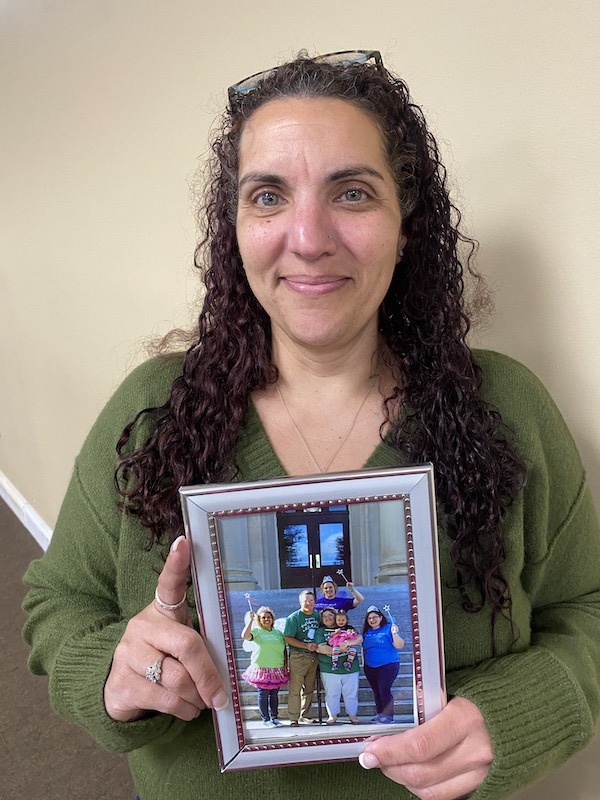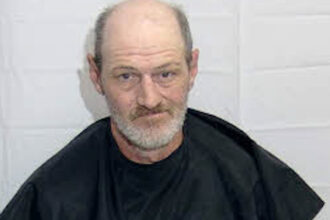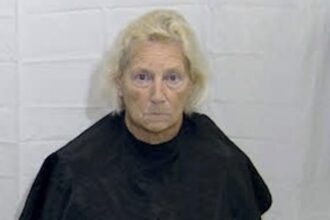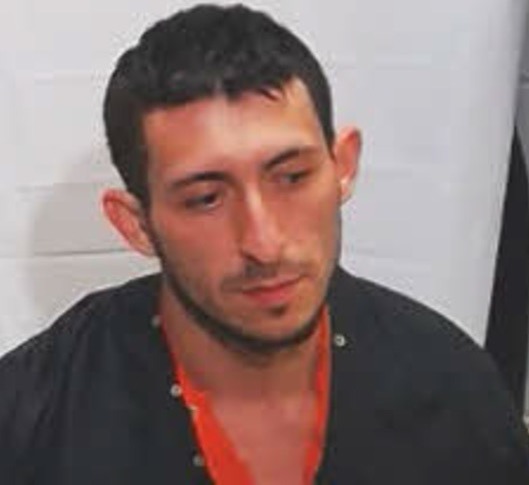By Amanda Irwin
Boys and Girls Home of North Carolina
When a child in our foster homes is getting ready for adoption, Boys & Girls Homes social workers ask each child how they want to celebrate. One little girl told her BGHNC social worker she wanted fairy wings. So, her BGHNC social worker showed up to her adoption court hearing with fairy wings, crowns, and fairy wands for the little girl and every member of her new family.
That level of care and attention to detail is why the foster care program at Boys & Girls Homes has seen such success during the last 25 years. That’s the BGHNC difference.
As a result, few of our foster care discharges are unsuccessful. In the last year, BGHNC has seen 98 discharges of foster children to family reunification, adoption, guardianship or relative or kinship placement, and 87 percent were successful. BGHNC currently maintains 102 foster homes in 26 counties caring for 79 foster children. Boys & Girls Homes of North Carolina is a 70-year-old child welfare agency in Lake Waccamaw, N.C. that provides group home residential care as well as foster care, adoption, therapy and child advocacy services to neglected and abused children in North Carolina.
The news of a federal lawsuit Jameson C. vs. Roy Cooper, et al. filed in the Western District of North Carolina against the North Carolina Department of Health and Human Services requesting the state’s foster care system make major reforms is shocking, but we know there are many challenges that urgently need addressing in our state’s public foster care system.
One of the challenges outlined in the lawsuit is the high caseloads many social workers carry at county Departments of Social Services. At Boys & Girls Homes, we are consciously innovating and maintaining low caseloads to better serve our clients – children and families across North Carolina.
BGHNC maintains a standard of 15 foster children per social worker, allowing them to visit families at least twice a month, and once a week for our therapeutic foster families, according to Carrie Decker, Foster Home Licensing Supervisor.
Chief Community-Based Services Officer Donna Yalch wanted to be clear that BGHNC supports and works closely with our local DSS offices and understands that “they have so many tasks that they’re not able to visit families typically as often as we can.”
Going the extra mile has long been the high standard for the Boys & Girls Homes’ foster care program. On New Year’s Eve, one of our foster care workers got a call for an emergency placement at 3:30 a.m., and though she was not on-call, our social worker went to pick up the child and took them to one of our foster families in the area.
“Our foster parents have a hard job,” said Amy Lawson, BGHNC’s Director of Foster Care, “and we know that if they take off work to take kids to their appointments, sometimes they don’t get paid. So, we will step in and take the child where they need to go.”
BGHNC social workers encourage foster parents to program their cell numbers into their phones so our workers can be a daily resource for their foster families when they have a need.
Foster mom Jacqueline Floyd said the agency made her foster and adoption journey smooth.
“BGHNC really helped out,” she said. “I’m a single parent, and they helped with the cost, and we didn’t have any problems. Any questions we had, they were there with good advice when I needed it.”
The state’s lawsuit also cites high turnover rates at DSS offices as a major issue hampering the state’s foster care system. At BGHNC, the average length of employment for our social workers is about 6.5 years.
Another major hallmark of BGHNC’s foster care program is the length of time some foster parents have remained with Boys & Girls Homes. One couple has fostered with our agency for more than 20 years. Other foster families have fostered, adopted and returned to BGHNC to get re-licensed to begin fostering again after their adopted children left for college.
Boys & Girls Homes also emphasizes the importance of each foster family becoming trained and licensed through the state for accountability and support. BGHNC uses an evidence-based model of care and training called the Teaching Family Model to increase accountability for families and the agency. Besides the monetary support of becoming licensed, foster parents in classes together often form support networks and friendships that help them during their fostering period and beyond.
If you want to become a foster parent, ask your questions and join a Boys & Girls Homes foster parenting class by calling Carrie Decker at 252-714-1679 or email at carrie.decker@bghnc.org.







